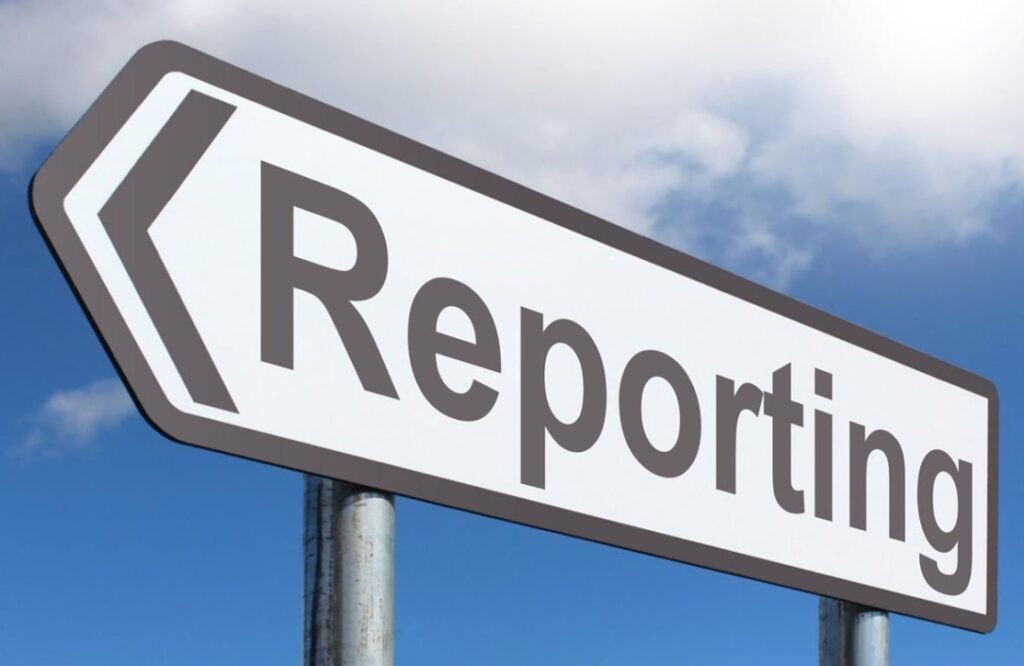Why the delay?
The IRS said that it decided to postpone the new reporting requirement after receiving feedback from stakeholders, including taxpayers, industry groups, and lawmakers, who expressed concerns about the potential confusion, burden, and impact on the upcoming filing season. The IRS also acknowledged that it needed more time to provide clear guidance and education to the affected parties, and to update its systems and forms to accommodate the change. The IRS said that it will issue a notice with more details and instructions soon.

What does it mean for taxpayers?
The delay means that taxpayers who use payment apps or e-commerce platforms to make or receive payments for goods and services in 2023 will not have to worry about the new $600 threshold for reporting their income on Form 1099-K. Instead, they will continue to follow the existing rules, which require reporting only if they have more than 200 transactions and more than $20,000 in payments in a calendar year. However, taxpayers should be aware that the new reporting requirement will take effect in 2024, unless Congress intervenes and raises the threshold again.
How to prepare for the future?
Taxpayers who use payment apps or e-commerce platforms should keep track of their income and expenses, and report them accurately on their tax returns, regardless of whether they receive a Form 1099-K or not. The IRS has the authority to audit and verify the information reported by taxpayers, and impose penalties and interest for underreporting or noncompliance. Taxpayers should also consult a tax professional if they have any questions or doubts about their tax obligations.
